A Different Take on Dual Fuel Systems
Heat pump sales and installations in the Denver-Boulder metro area continue to grow steadily and their applications in central systems, as well as ductless mini-splits, are now well known to many homeowners. The phrase “dual fuel system” is no longer quite as mysterious to many people as it once was.
In this post, we’re going to take another look at the dual fuel home comfort movement and focus on a different approach that some of our customers are choosing to take.
Whereas dual fuel commonly refers to combining a central heat pump with a central gas furnace in a single complementary system, we are seeing a trend that takes the dual approach in a different direction. Whether this alternate approach that is catching on constitutes ‘having one’s cake and eating it, too’ in the home heating and cooling field, we are not prepared to say. Please read on and feel free to form your own opinion!

An Alternative to the Central Dual Fuel Approach
In contrast to what has come to be known as the traditional dual fuel system, a growing number of homeowners that have a relatively new high efficiency gas furnace, and it’s doing fine, are opting to continue operating the furnace as a whole-house heating system, while adding an independent, multi-zone, mini-split heat pump system as a complementary, zoned heating and air conditioning system.

In this system arrangement, homeowners run the high efficiency furnace when they desire to heat the entire home. Under other conditions and circumstances, operating the multi-zone heat pump system instead makes more sense in terms of maintaining optimal comfort levels while controlling home comfort costs. This approach can be seen as essentially giving a homeowner the best of both worlds. In addition, operating the heat pump instead of the gas furnace is also a greener heating option, as well.
Coordinating a Gas Furnace and an Independent Mini-Split Heat Pump System
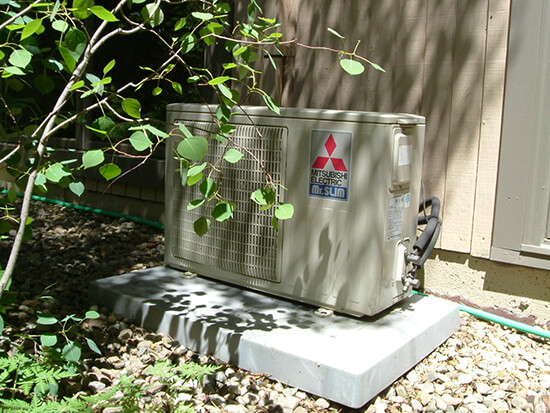
In this ‘complementary independent systems’ arrangement, during the summertime, all air conditioning needs are normally handled – highly efficiently – by the mini-split heat pumps, while during the winter the heating job is shared by the mini-splits and the central furnace. Operation of the two separate heating systems is coordinated ‘hands-on’ by the homeowner, depending on how the owner assesses heating needs around the home in real time (one system ‘on,’ with the other one ‘off’ or set to minimal backup levels). For many homeowners, this does not appear to be a burden, but for others, who knows? We all have our personal preferences when it comes to operating our home comfort system!
Some Examples in Everyday Use
Here’s an example of how some families operate this type of complementary heating system: If you work at home and the rest of the house empties out quick in the morning, staying unoccupied thru most of the day, you may choose to heat up the entire house using the central furnace when you get up in the morning and other people are home. Then, after everyone’s gone and you’ve settled into your home office for most of the workday, it makes sense to switch over to the mini-split heat pump, letting the rest of the home cool down a little, saving on heating costs while maintaining your ideal temperature where you’re spending your time. After people start arriving back home, later in the day, you’d have the option of operating either system, central or zoned, as desired.
In a different scenario, think of entertaining guests in several locations in your home, and having the option of either customizing the temperature in different rooms, or simply keeping your home uniformly comfortable. Nice.
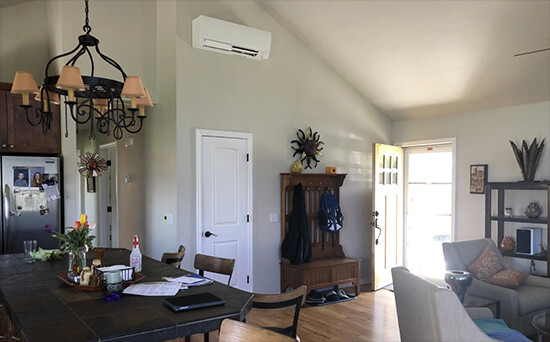
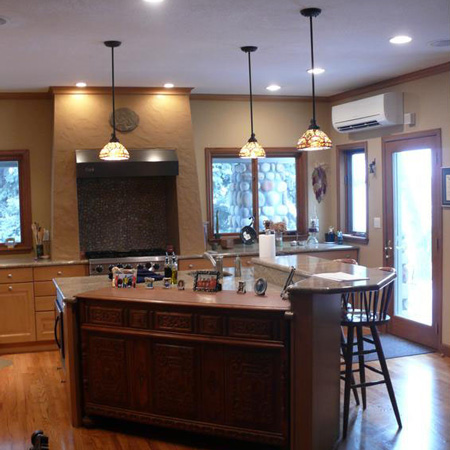
Advantages of a Complementary, Independent Multi-Zone System
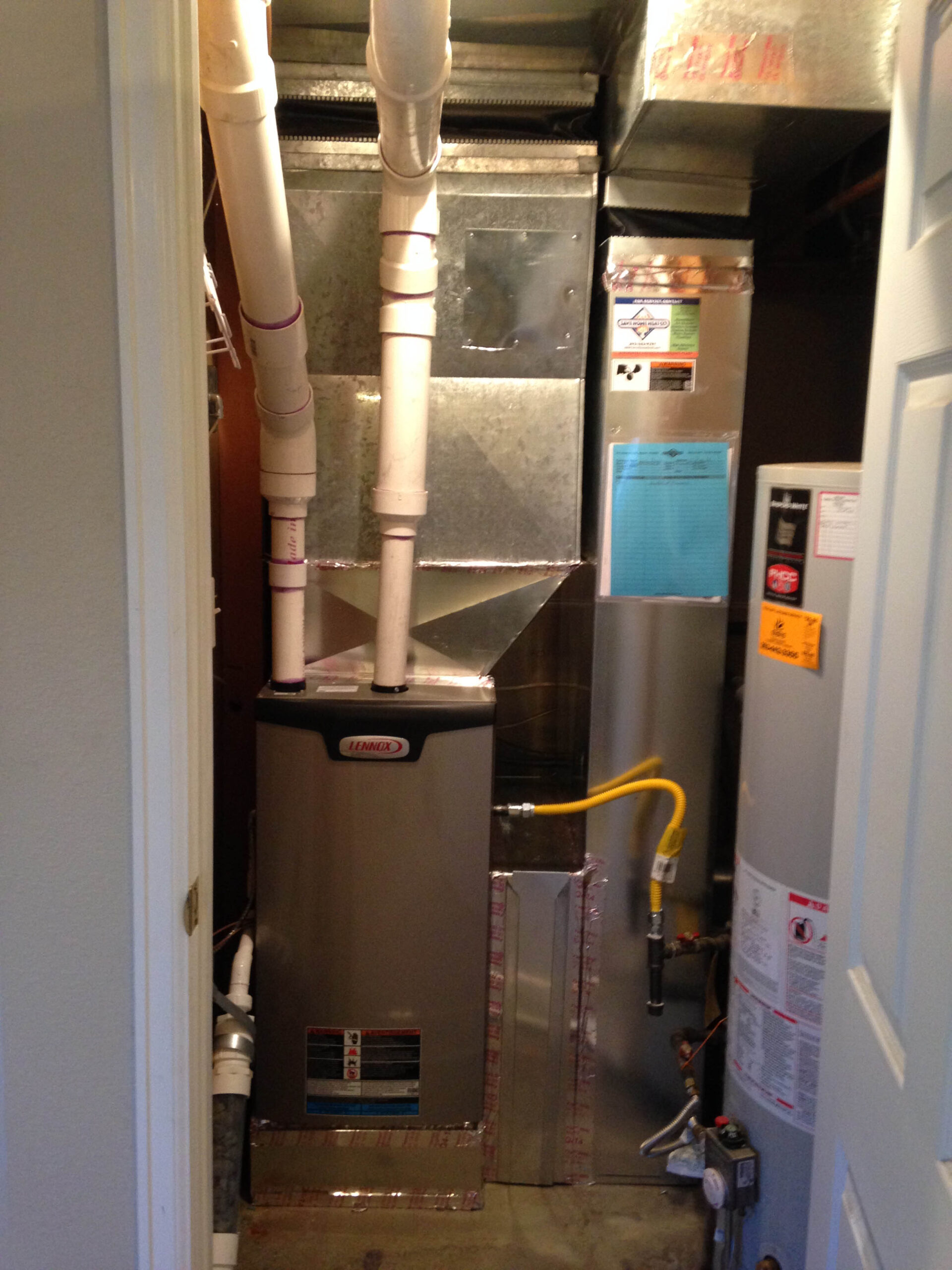
The primary advantage of these two independent complementary systems, as opposed to a traditional dual fuel system combining a heat pump with a gas furnace in a central system, is, in a word: zoning. The words that follow closely behind are comfort, efficiency, and versatility.
In the summertime, a mini-split heat pump handles cooling very efficiently (the nature of the equipment), and can be focused on specific priority areas you use in the home, further helping to control cooling costs while still keeping you nice and comfortable where you’re spending most of your indoor time. During the winter, either the high efficiency furnace or the heat pump can be used, which one is chosen depending on the habits and preferences of the homeowner. As we touched on above, for those who have a strong desire to reduce fossil fuel consumption at home, the heat pump system can assume an even greater role.
Multi-Zone Heat Pump Systems Are Expandable
Another advantage of multi-zone mini-split systems is that they are expandable, so you don’t necessarily have to make the entire investment all at one time. The appropriately sized multi-zone outdoor unit can be chosen initially (BTU capacity and the number of zones it can serve), with possibly just a couple of indoor blower units being installed at first. Additional blower units can be added at a later time, per the original system design.
Potential Drawbacks of an Independent Multi-Zone System
This independent, complementary system approach is potentially a great option for many families and homes, but like most things in life, there are also potential drawbacks – one of the most notable being the upfront cost. It is typically more affordable to install a central heat pump in tandem with an existing gas furnace, as compared with installing a multi-zone, mini-split heat pump system serving most or all of a home.
Another consideration is the level of desire that a homeowner may – or may not! – have for ‘manually’ coordinating two separate systems. Many homeowners like being a little hands-on, while plenty of others simply don’t want the responsibility, preferring a fully automatic, fully coordinated arrangement – even with Wi-Fi control options that make manual coordination user-friendly and nearly effortless. To each, his or her own!
Central Dual Fuel Might Be Your Best Solution!
In a relatively modest home, and/or where there are plenty of people using the house on a regular basis throughout the day, a central dual fuel system might make the most sense, regardless. As a contrasting example, for homeowners with larger or more sprawling homes, or those more interested in a long-term investment in whole-home zoned comfort, the alternate approach presented in this post might be the more desirable solution. Our point is that there may be lots of factors worth considering for a potential installation.
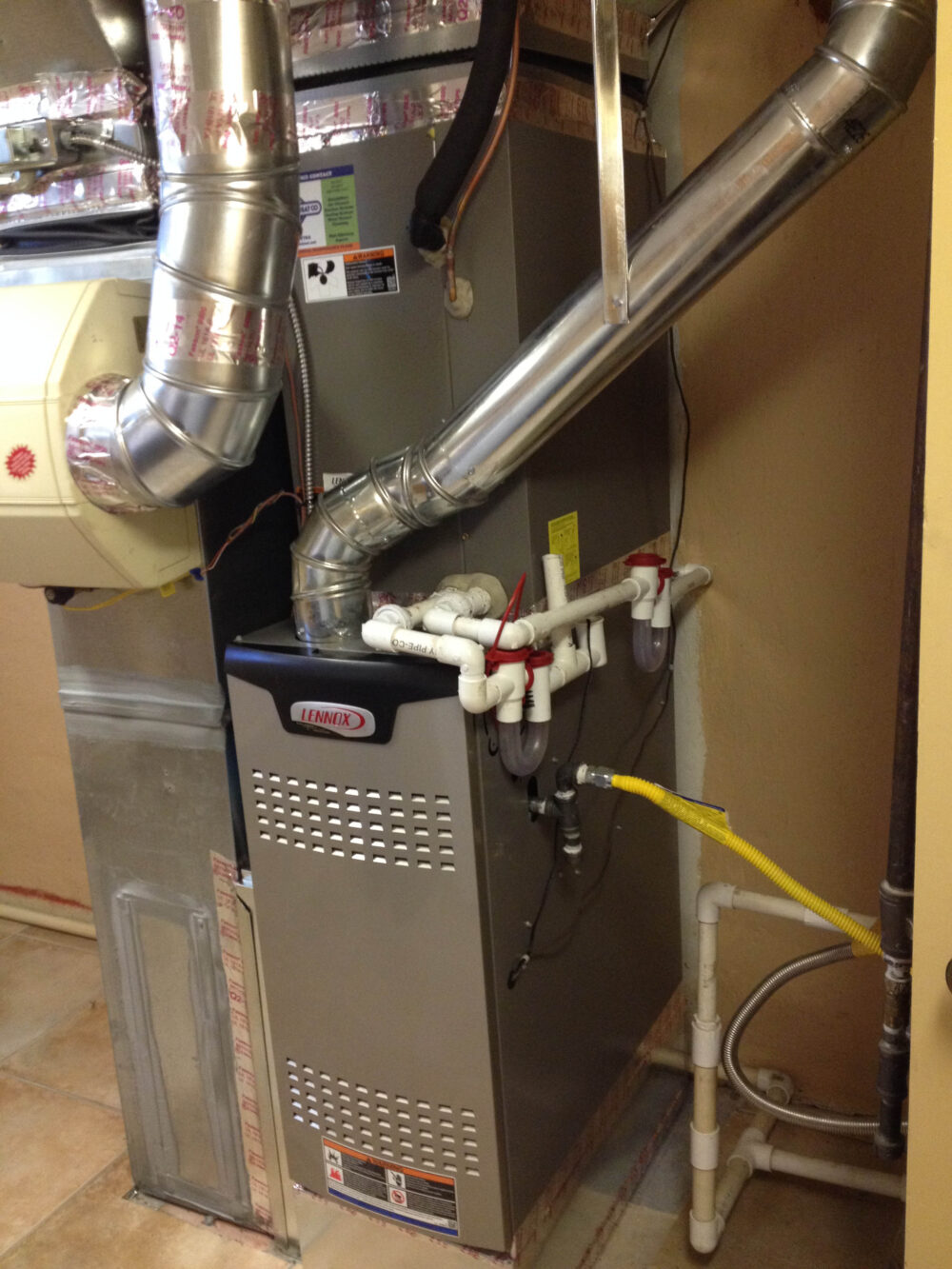
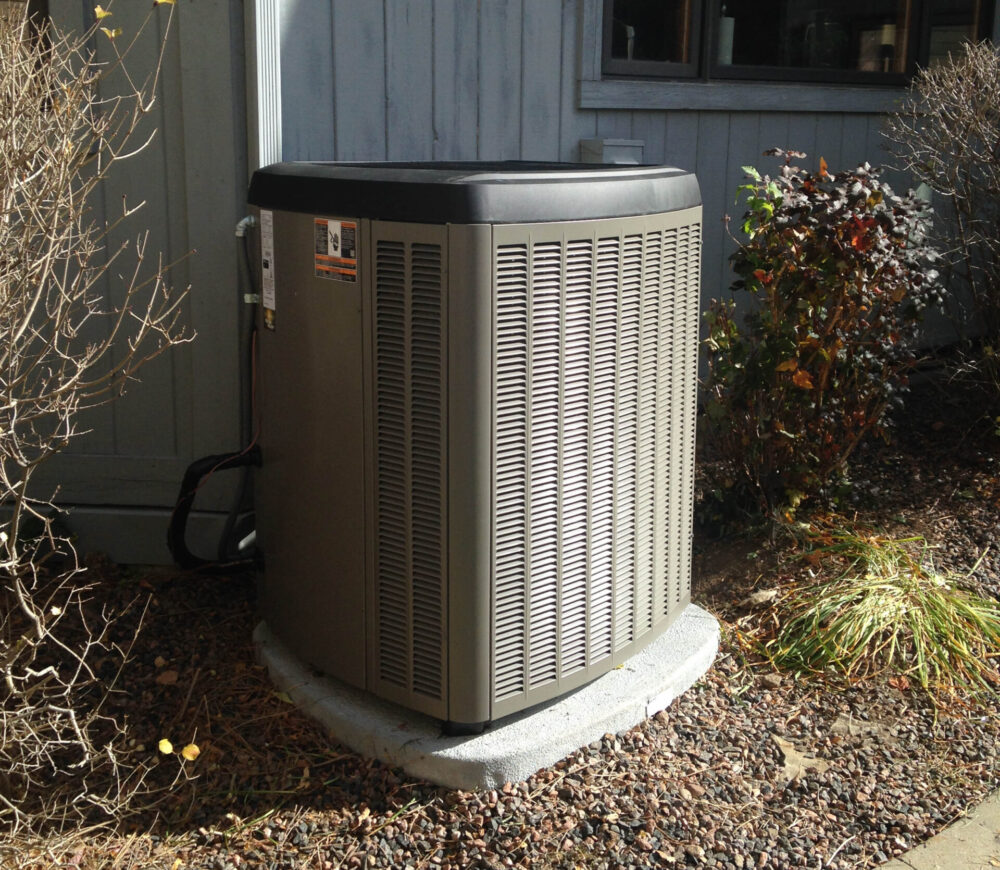
At Save Home Heat, our team takes the time to explore a variety of home comfort solutions with each of our customers, making sure to provide them with ample amounts of information, and taking the time to fully and patiently answer any and all of their questions. Taking this approach, we find that our customers are typically pleased with whichever type of heat pump installation they choose. We should add that in some cases, it may not even make sense to consider a heat pump!
Important Factors in the Decision-Making Process
The decision of whether to consider a central, dual fuel heat pump system connected to an existing furnace, or an independent multi-zone system, or some other home comfort solution, depends on many factors. These may include budget considerations; size, design, and layout of the home; the number of occupants in the home and their daily habits and patterns; how long you plan to remain in the home; and more. In either of these cases discussed here, a central or ductless mini-split approach, fossil fuel consumption can be significantly reduced by the addition of a heat pump to your home.
Another bonus worth revisiting, a heat pump provides a backup means of heating if the other system should go down.
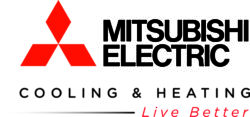

Your Leading Denver-Boulder Area Home Comfort System Provider
 At Save Home Heat Company, we understand that most homeowners’ circumstances are unique. Our top priority is helping to identify solutions that are a good match for your specific needs and are the right fit for your home. Every step of the way, this is all done in a friendly, low-pressure manner.
At Save Home Heat Company, we understand that most homeowners’ circumstances are unique. Our top priority is helping to identify solutions that are a good match for your specific needs and are the right fit for your home. Every step of the way, this is all done in a friendly, low-pressure manner.
From heating and cooling, to electrical, plumbing, water heaters and indoor air quality, we offer a broad range of home services that benefit homeowners around the Boulder-Denver metro area. Please reach out to our team today for assistance.
Please contact me to schedule a free heat pump installation quote!




